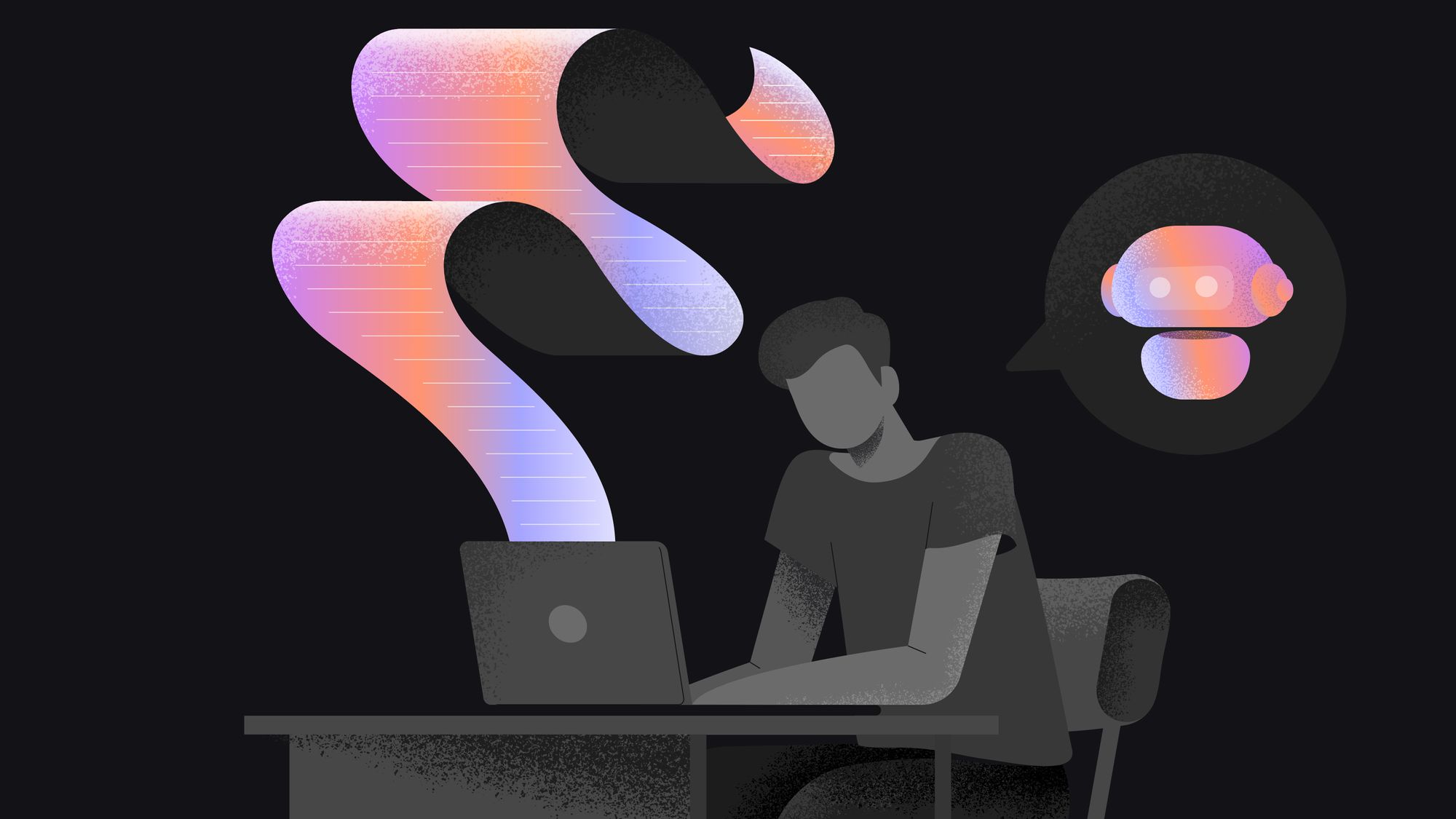
AI Writing Assistants: Friend or Foe to the Content Creator?
By Adedayo Oyetoke, Published on: March 23rd 2024 3 min, 528 word Views: 872
The content creation landscape is undergoing a seismic shift. Artificial intelligence (AI) has entered the writer's room, and whispers of its potential to replace human content creators have begun to circulate. But fear not, wordsmiths! Let's delve into the world of AI writing tools, explore their strengths and limitations, and discover how they can actually become your allies in the content game.
The Rise of the Machines: What are AI Writing Tools?
AI writing tools are software programs that utilize machine learning to generate human-quality text. They are trained on massive datasets of existing content, allowing them to mimic writing styles, tones, and even grammar. These tools can churn out everything from basic blog posts to product descriptions, all at lightning speed.
A Double-Edged Sword: The Pros and Cons of AI Writing Tools
Pros:
- Efficiency Booster: AI can tackle repetitive tasks like generating product descriptions or outlines, freeing up your time for higher-level content creation like crafting compelling narratives or in-depth research pieces.
- Content Idea Sparkplug: Stuck in a creative rut? AI can help you brainstorm new ideas by generating different content formats or suggesting relevant keywords.
- Global Appeal: Need content in multiple languages? AI can translate or localize your content with surprising accuracy, expanding your reach to a wider audience.
- SEO Optimization Assistant: Many AI tools offer SEO suggestions, ensuring your content is discoverable in the vast online ocean.
Cons:
- The Robot Overlord Myth: AI writing lacks the human touch. It struggles with humor, sarcasm, and understanding the nuances of language. Content can sound generic and robotic, failing to resonate with your audience.
- Factual Faux Pas: AI relies on the data it's fed. Inaccurate or biased data can lead to factual errors or perpetuate stereotypes. Always fact-check AI-generated content before hitting publish.
- Originality Vacuum: AI can't replace deep research or unique perspectives. It excels at summarizing existing information, not generating groundbreaking ideas.
Adapting to the Future: How Content Creators Can Thrive
The good news: AI isn't here to steal your job, it's here to be your sidekick. Here's how to leverage AI writing tools and stay ahead of the curve:
- Focus on Your Strengths: AI can't match your critical thinking, creativity, and storytelling abilities. Use your human touch to craft engaging narratives, insightful analysis, and original ideas.
- Become an AI Editor: Don't rely solely on AI-generated content. Use these tools as a starting point, then edit and refine the text to inject your voice and expertise.
- Embrace New Skills: Learn about SEO best practices and data analysis to complement your writing skills. This will allow you to optimize your content for search engines and tailor it to your target audience.
- Specialize in Your Niche: Develop deep expertise in a specific field. AI can handle generic content, but in-depth knowledge allows you to create high-value content that stands out.
The Future of Content Creation: Collaboration is Key
The future of content creation lies in collaboration. AI will handle the grunt work, freeing up human writers to focus on the strategic aspects like audience engagement and content strategy. The ideal scenario? A team where AI and human writers work together to create exceptional content that is informative, engaging, and optimized for success.
